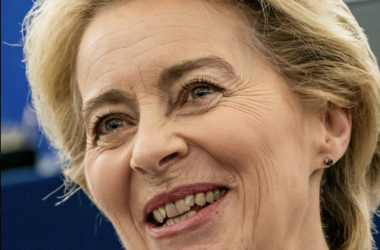A recent poll from INSA shows Alice Weidel, leader of the anti-globalist Alternative for Germany (AfD), tied with Friedrich Merz of the Christian Democratic Union (CDU) as the most popular choice for Germany’s next chancellor.
Both candidates received 17 percent support, leaving current Chancellor Olaf Scholz far behind with just 14 percent. Greens Vice-Chancellor Robert Habeck trailed at 12 percent, while hard-left leader Sahra Wagenknecht garnered 10 percent.
Commissioned by Nius, the poll also highlights significant voter frustration, with 22 percent of respondents rejecting all the candidates and 9 percent undecided. This points to a deep sense of disillusionment with the political establishment, with many feeling their concerns aren’t being represented.
Weidel’s popularity is particularly strong in East Germany, where she earned 24 percent of the vote—further evidence that her message resonates with voters in the region. Merz, in contrast, performs better in the West, with 18 percent support, while his numbers drop to 12 percent in the East.
The poll also reveals that AfD supporters are highly loyal, with over 70 percent backing Weidel, reflecting the growing influence of the party. Merz, however, struggles to secure the same level of support from his own CDU base, with fewer than half of them backing him.
In a political landscape increasingly dissatisfied with the status quo, Weidel and the AfD are emerging as a strong alternative. As voter discontent with traditional parties grows, it’s clear that Germany is ready for change—and the AfD, under Weidel’s leadership, is in a strong position to provide it.




